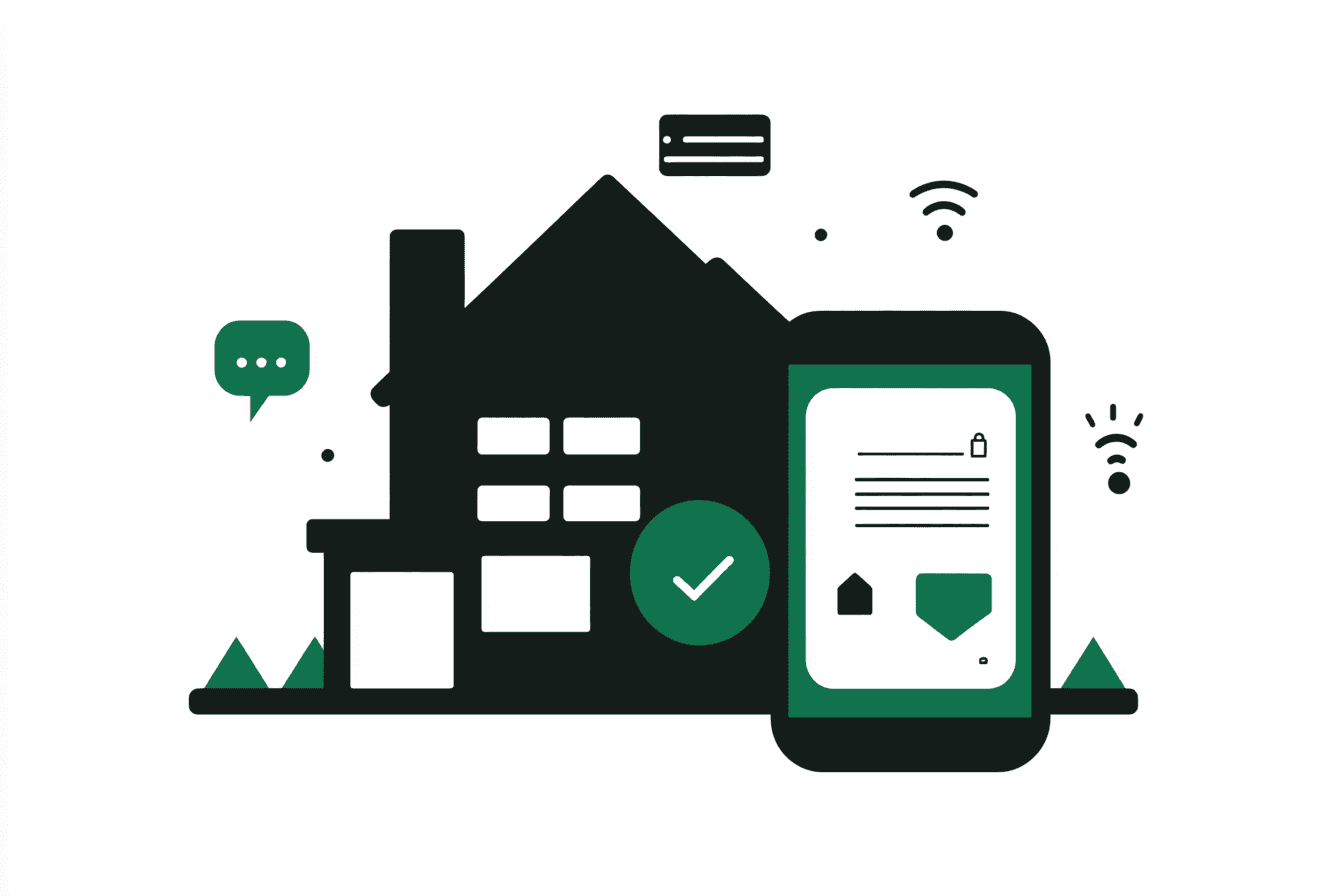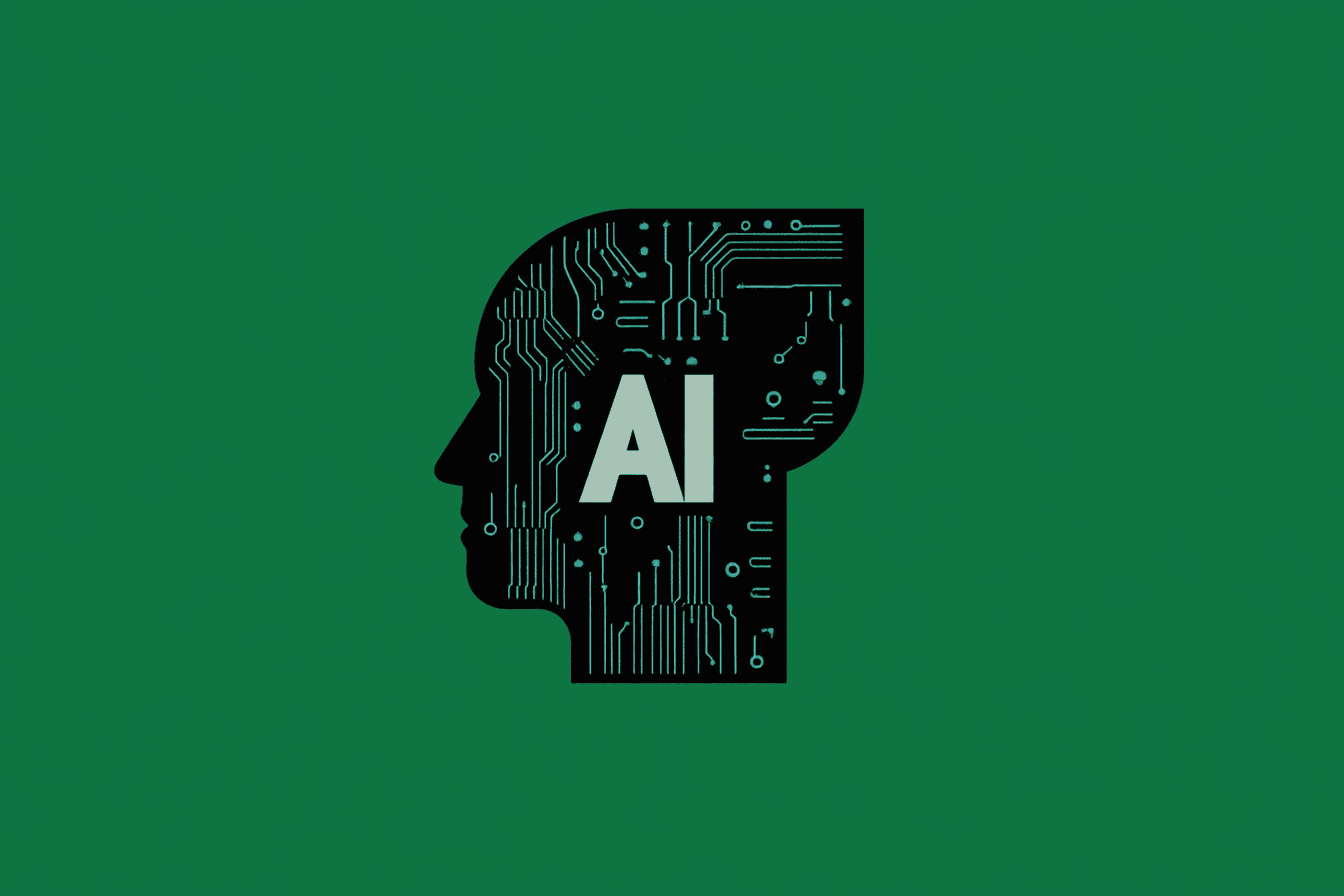technology
Jan 18, 2024
The future of smart homes: Convenience or intrusion?
A look at the potential benefits and privacy concerns associated with smart home technology.

The Future of Smart Homes: Convenience or Intrusion?
As we stand on the cusp of a new era in home technology, the concept of "smart homes" is rapidly evolving from science fiction to everyday reality. These interconnected living spaces promise unprecedented levels of convenience, efficiency, and comfort. However, as our homes become increasingly intelligent and connected, questions arise about the potential drawbacks and privacy concerns. Let's explore the future of smart homes and consider whether they represent a leap forward in convenient living or a concerning intrusion into our personal lives.
What Makes a Home "Smart"?
A smart home uses internet-connected devices to enable the remote monitoring and management of appliances and systems, such as:
Lighting and climate control
Security and access control systems
Entertainment systems
Kitchen appliances
Energy management systems
The Promise of Convenience
Smart homes offer numerous potential benefits:
1. Enhanced Comfort and Efficiency
Automated temperature adjustments based on occupancy and preferences
Lighting that adapts to natural light levels and daily routines
Energy optimization to reduce utility bills
2. Improved Security
Real-time monitoring and alerts for potential security breaches
Remote access control for visitors or service providers
Automated emergency responses (e.g., shutting off water if a leak is detected)
3. Personalized Experiences
AI-driven systems that learn and anticipate residents' preferences
Voice-activated controls for hands-free operation
Customized ambiance settings for different activities or moods
4. Enhanced Accessibility
Voice or gesture controls to assist individuals with mobility challenges
Automated reminders and assistance for daily tasks
Health monitoring systems for elderly or at-risk individuals
5. Streamlined Home Management
Automated grocery ordering based on refrigerator inventory
Predictive maintenance alerts for home systems and appliances
Centralized control of all home systems through a single interface
The Specter of Intrusion
Despite these potential benefits, smart homes raise several concerns:
1. Privacy Risks
Constant data collection about residents' habits and behaviors
Potential for data breaches exposing sensitive personal information
Concerns about data being sold to third parties for marketing purposes
2. Security Vulnerabilities
Risk of hackers gaining control of home systems
Potential for cyber-attacks to disable critical home functions
Concerns about unauthorized access to security cameras or microphones
3. Dependence on Technology
Potential for system failures leaving residents unable to control basic home functions
Reliance on continuous internet connectivity
Rapid obsolescence of smart home technologies
4. Loss of Personal Agency
Concerns about AI making decisions without human input
Potential for technology to dictate or overly influence daily routines
Erosion of basic skills as technology takes over more tasks
5. Economic Disparities
High costs potentially creating a digital divide in housing
Concerns about job displacement in home maintenance and service industries
